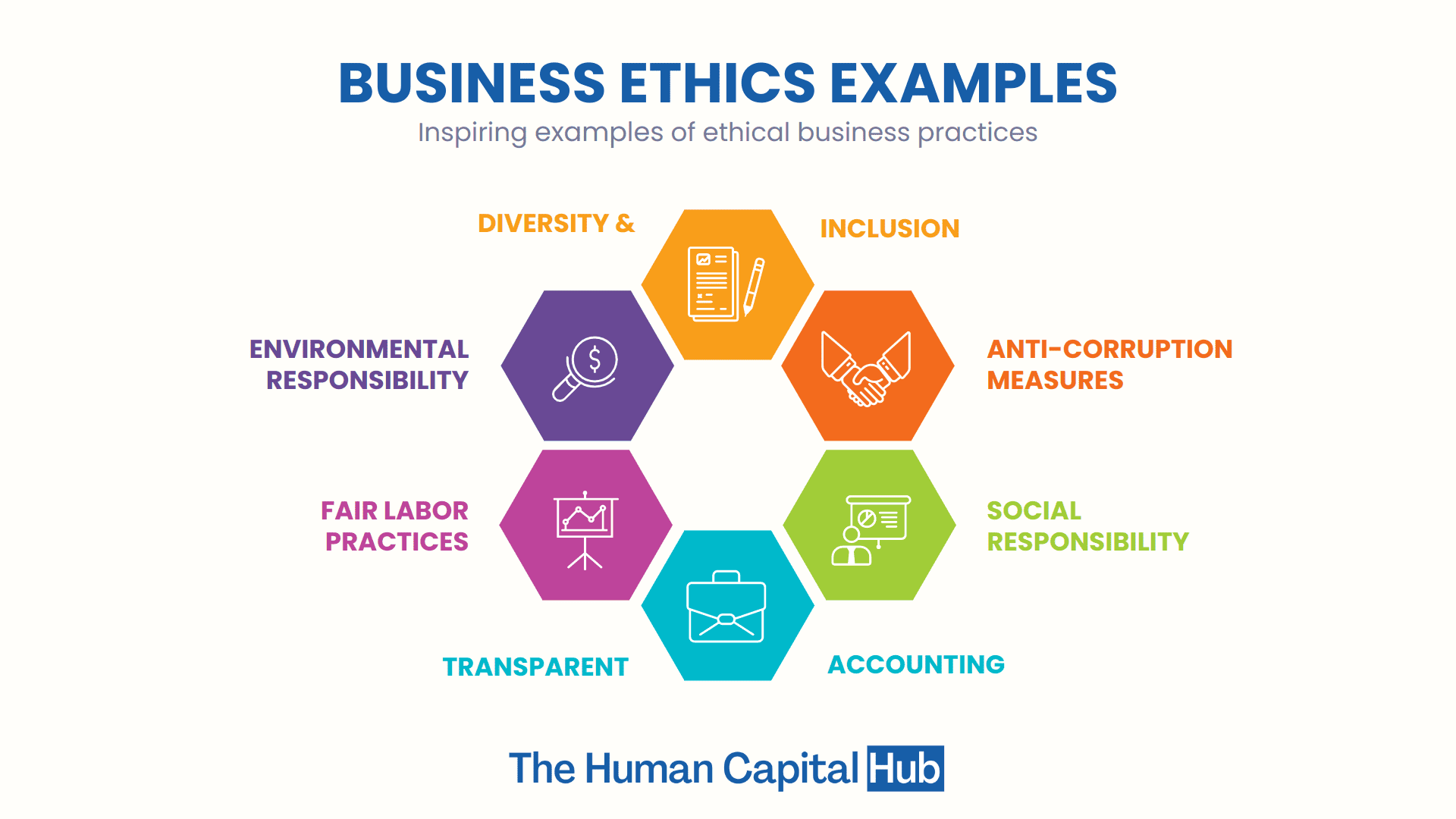Unlocking Success: The Essential Handbook for Business Ethics
In today’s fast-paced and ever-changing business world, it is more important than ever for companies to prioritize ethics and integrity in their operations. With the rise of social media and increased transparency, consumers are increasingly demanding that businesses act in a socially responsible manner. This is where Unlocking Success: The Essential Handbook for Business Ethics comes in.
This handbook is a comprehensive guide for businesses looking to implement ethical practices in their day-to-day operations. It covers everything from creating a code of ethics to training employees on ethical decision-making. The handbook is designed to be practical and actionable, providing real-world examples and case studies to help businesses navigate the complex landscape of business ethics.
One of the key themes of the handbook is the importance of aligning ethics with business success. Many companies make the mistake of viewing ethics as a separate, optional component of their operations. However, Unlocking Success emphasizes that ethical behavior is not only the right thing to do, but it can also have a positive impact on the bottom line. Companies that prioritize ethics are more likely to attract and retain customers, build trust with stakeholders, and create a positive work culture.
The handbook also addresses the challenges that businesses may face when implementing ethical practices. It acknowledges that ethical decision-making can be complex and that there are often competing priorities to consider. However, it provides strategies and tools for businesses to navigate these challenges effectively and make decisions that align with their values.

Image Source: thehubbackend.com
One of the key takeaways from Unlocking Success is the importance of leadership in driving ethical behavior within an organization. The handbook emphasizes that ethical behavior starts at the top, with leaders setting the tone for the rest of the company. Leaders must lead by example, demonstrating their commitment to ethics through their actions and decisions.
The handbook also highlights the role of employees in upholding ethical standards. It emphasizes the importance of training employees on ethical decision-making and creating a culture where ethical behavior is encouraged and rewarded. By empowering employees to make ethical decisions, businesses can create a more ethical and sustainable organization.
Overall, Unlocking Success: The Essential Handbook for Business Ethics is a valuable resource for any business looking to prioritize ethics in their operations. It provides practical guidance, real-world examples, and actionable strategies for businesses of all sizes and industries. By implementing the principles outlined in the handbook, businesses can unlock success and build a reputation as a responsible and ethical organization.
Transform Your Business with Actionable Ethics Strategies
In today’s rapidly evolving business landscape, the importance of ethical practices cannot be overstated. Companies that prioritize ethical conduct not only gain a competitive edge but also build trust and credibility with their customers, employees, and stakeholders. Transforming your business with actionable ethics strategies is essential to not only survive but thrive in the modern marketplace.
Implementing ethics in action requires a comprehensive approach that goes beyond mere lip service. It involves creating a culture of integrity and transparency that permeates every level of the organization. From the top leadership to front-line employees, everyone plays a crucial role in upholding ethical standards and values.
One of the key strategies for transforming your business with actionable ethics is to lead by example. As a leader, your actions speak louder than words. By demonstrating a commitment to ethical behavior in all aspects of your work, you set the tone for the entire organization. This includes making tough decisions that prioritize ethical considerations over short-term gains.
Another vital aspect of implementing ethics in action is to establish clear policies and guidelines that outline acceptable behavior and consequences for violations. These policies should be communicated effectively to all employees and regularly reviewed to ensure they remain relevant and effective. By providing clear expectations and accountability measures, you create a framework for ethical decision-making within your organization.
Furthermore, fostering open communication channels is essential for promoting ethical behavior. Employees should feel comfortable reporting any ethical concerns or violations without fear of retaliation. By creating a safe and supportive environment for whistleblowers, you encourage transparency and integrity within the organization.
In addition to internal practices, businesses must also consider the ethical implications of their external relationships and operations. This includes dealing fairly with suppliers, customers, and competitors, as well as contributing positively to the communities in which they operate. By engaging in socially responsible practices, businesses can build a strong reputation and enhance their brand value.
Ethics should not be viewed as a separate entity from business operations but as an integral part of overall strategy and decision-making. By integrating ethics into every aspect of your business, you create a sustainable framework for long-term success. This includes considering the ethical implications of all business decisions, from product development to marketing strategies.
Ultimately, transforming your business with actionable ethics strategies requires a holistic approach that involves all stakeholders in the organization. By fostering a culture of integrity, transparency, and accountability, you can build a strong foundation for ethical conduct that will guide your business towards long-term success. Embracing ethics in action is not just a moral imperative but a strategic advantage that sets you apart in a competitive marketplace.
The Ultimate Guide to Business Ethics in Practice